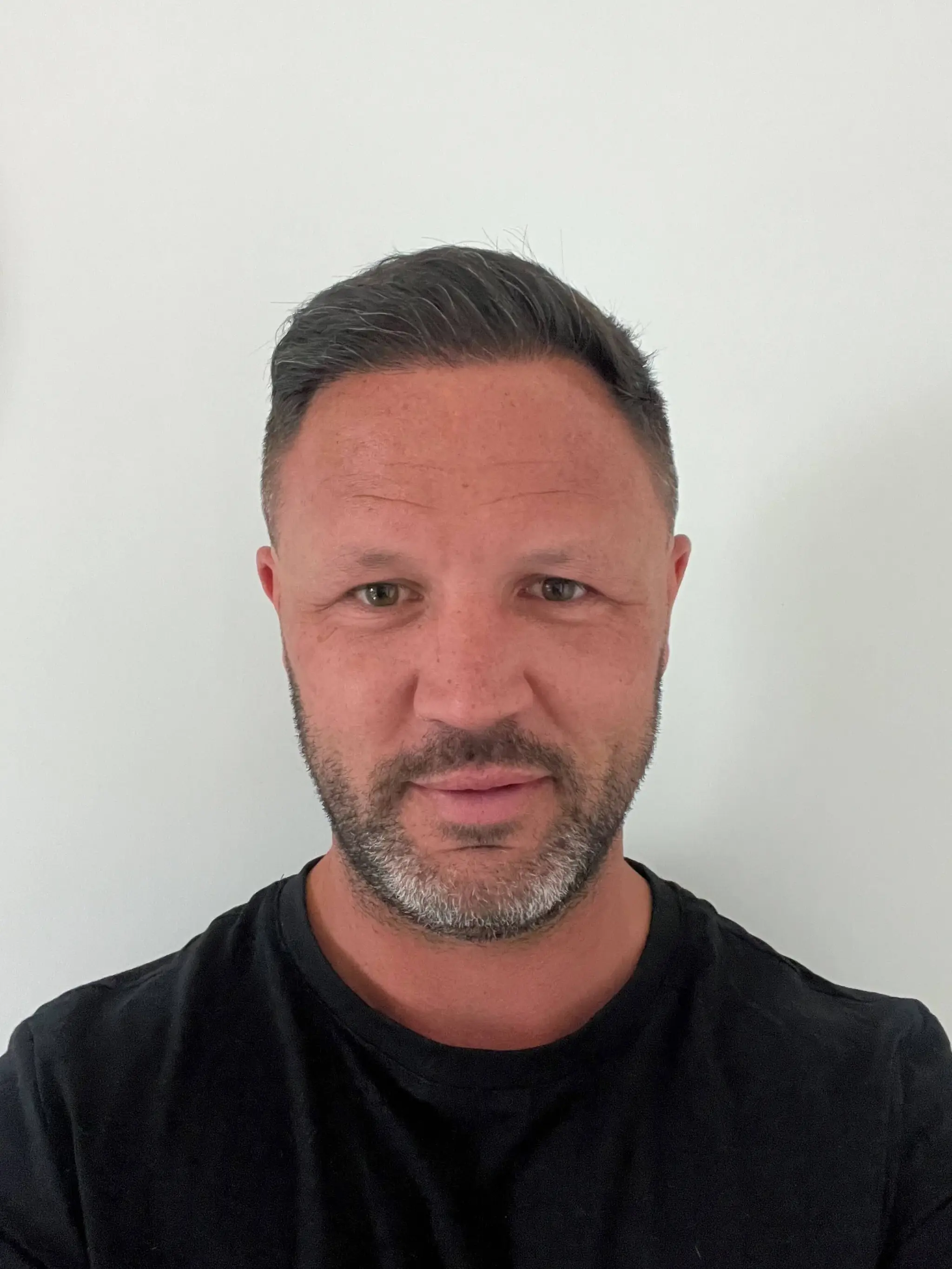Top Interview Questions to Ask Technical Candidates
Hiring great technical talent is not just about ticking off a skills list. The best candidates bring more than credentials. They combine technical ability with problem-solving, communication, and the drive to keep learning.
Asking the right questions in an interview will show you whether someone has what it takes to succeed in your team. Here are 11 proven questions to help you dig deeper.
1. How would you explain [technical concept] to someone without a technical background?
Technical skills matter, but so does communication. Can they translate complex ideas into plain English for non-technical colleagues?
2. Tell us about a time you used problem-solving skills to tackle a difficult challenge.
Real impact comes from problem-solvers. Their answer will show you how they think, act under pressure, and adapt to roadblocks.
3. Describe a situation where you had to meet a very tight deadline.
Technical projects often run to the wire. How they respond reveals resilience, organisation, and whether they thrive under pressure.
4. How do you keep your technical knowledge up to date?
Technology evolves fast. Look for curiosity and passion for learning as well as practical ways they stay current.
5. How have your previous roles prepared you for this one?
Past experience should map to future success. Their career journey will tell you how relevant their skills are to your needs.
6. What qualifications or certifications support you in this role?
Formal training is one part of the picture. Confirm their credentials but look for how they apply knowledge in real projects.
7. How do you ensure quality in your deliverables?
Good engineers take pride in detail. Ask for examples that show their commitment to high standards.
8. Tell us about a time when attention to detail made the difference in a project.
Precision matters in technical work. This question uncovers how they balance speed with accuracy.
9. What technical tools have you worked with?
Beyond job titles, you need to know if their toolkit matches your stack.
10. When starting a new project, what steps do you take to make it successful?
Strong candidates show structured thinking and an ability to set projects up for success from day one.
11. What are your biggest development areas?
Self-awareness is key. This question shows whether they can reflect, learn, and grow in the role.
“Technical roles demand a mix of hard skills and the often-overlooked soft skills. The best interview questions probe beyond qualifications to reveal how a candidate approaches real-world challenges and team dynamics.” – Grace Ward, Talent Acquisition
Find your next tech superstar
At Matchtech we connect employers with engineers and technical specialists who bring the right blend of expertise and mindset.




